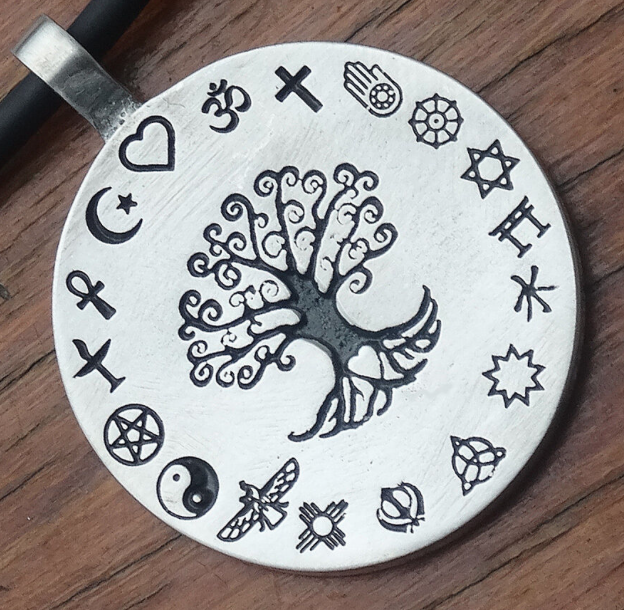Can All Religions Be True?

The short answer is no. The central, most important beliefs of the different religions are very different, and even opposed to each other.
Not too long ago I was talking to one of my neighbors, and the subject of our backgrounds came up. He told me that he grew up in the Middle East and that he is Muslim. I replied that I’m a Christian. He seemed happy to hear that, and said that he enjoys worshiping God in lots of different places, including all the old, beautiful Christian churches.
To be honest, I didn’t say anything at the time because I was thrown a little off balance. At that moment, I just didn’t want to make the conversation uncomfortable. But it was clear my friend believed that Muslims and Christians worship the same God. That just isn’t true.
There is something appealing to think that the different religions might all be true. We all want to respect each other and get along. Actually, many religions do have a lot in common, usually in the areas of morality and ethics. For example, we see the golden rule in many different religions.[1]
But different religions hold very different views about God, creation, human beings, Jesus, and salvation. Consider just some of the differences about God.
Christianity teaches one triune God, consisting of three persons. Jesus is the second person, and is God. Islam emphatically teaches that Allah is one person, and that Jesus is not God. Hinduism is very complex, with a pantheon of as many as 330 million gods. Buddhism at its core is basically a response to pain and suffering, and is mostly agnostic or atheistic.
We know that not all of these can be right. Someone is wrong.
One of the fundamental principles of logic is the Law of Non-Contradiction. It states that something cannot be true and false at the same time and in the same sense.[2] This just means two statements that contradict each other cannot both be true. The following example is very applicable to my neighbor and me:
Jesus is God (Christianity)—or—Jesus is not God (Judaism, Islam).
These statements cannot both be true. In fact, both cannot be false, either. One or the other must be true, and the other false. Either Jesus is God, or he is not God.
It follows that opposing views in the different religions cannot all be true; and we see many.
Some religions believe in one God (theism), and others believe in more than one god (polytheism). Both cannot be true. Most theists believe in life after death. Most atheists do not. Both views cannot be true. One must be false. Many religions believe in reincarnation, and some do not. They cannot both be true.[3]
Again, many religions can have a great deal of truth. But if one religion is right on points A, B, C, and D, then religions with claims that oppose A, B, C, and D must be wrong on those points.
One who genuinely seeks the truth should look at how the different religions support their claims to see if the evidence makes sense.
So all religions can’t be true. What if they are all mostly wrong, and just on different paths to to the same God? Could all religions be equally valid in this way? We will explore that as we look at the elephant, in our next post.
[1]Wikipedia, accessed 6/22/20: https://en.wikipedia.org/wiki/Golden_Rule
[2]Kenneth Richard Samples, A World of Difference, Putting Christian Truth Claims to the Worldview Test (Grand Rapids, MI: Baker Books), 42.
[3]Adapted from Norman L. Geisler, 12 Points That Show Christianity Is True (Indian Trail, NC: NGIM Ministries), 13.
This is very interesting…I didn’t know the details about what other religions belief. I’m a Christian and this information will help me relate to my Hindu neighbor.
Thank you!